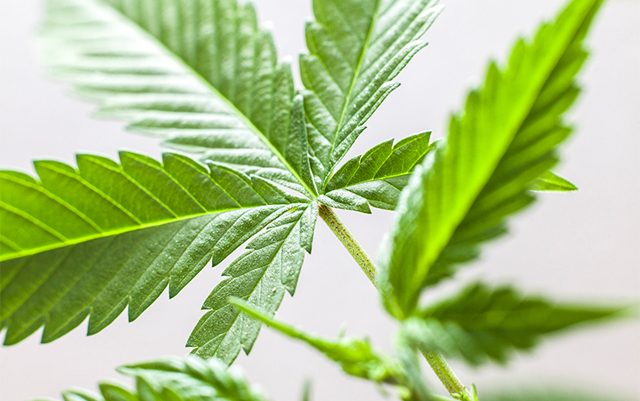One of the more interesting aspects of legalization is being able to cover the growing cannabis industry. Under prohibition, if Johnny Dimebag down the street was having a good year or recently invested in new top-of-the-line grow lights, they wouldn’t be discussing it on CNBC. But this is a different era, and stories about the explosion of the legal cannabis industry seem to grow more numerous by the day.
Add to the list of companies making major moves in terms of expansion the legendary name of Harborside. They recently announced a reverse merger with Canadian-based Lineage Grow Company.
Harborside is not the first United States-based company to use a reverse merger to take advantage of the more advanced Canadian markets, and they won’t be the last. “US-based cannabis companies are increasingly taking advantage of the robust Canadian capital markets,” Nanette Heide, co-chair of the private equity practice at Duane Morris LLP and the attorney who represented Harborside in the deal, told The Marijuana Times. “The transactions are somewhat complex in structure, but executed well can provide ready access to capital for growth and expansion.”
With the move, Harborside looks to expand and keep pace with the more aggressive companies in the cannabis space. ““[This] marks a major milestone in a strategy designed to fuel Harborside’s planned expansion,” said Andrew Berman, Chief Executive Officer of Harborside. “I am excited to announce this proposed merger with Lineage, which will enable us to move through 2019 with more assets and the resources we need to quickly expand our retail platform, drive revenue, and continue to deliver trust, choice and value to our patients and customers. This combination with Lineage will significantly bolster our retail program and vertically-integrated, California-centric business model, and will position Harborside for growth and tremendously exciting times for the company, our staff and the industry.”
Some lament the forces of “big business” entering the legal cannabis market; they long for the days of hippie communes and mom and pop grows. It would be great if cannabis stayed at the level of farmer’s markets and campfire smoke sessions, but a real industry – one that can serve the needs of tens of millions of people – can only grow into its potential with the arrival of massive amounts of capital investment.
For legal marijuana to survive – and eventually drive out most of the criminal elements that dominate the black market – the industry has to deliver the best quality and variety of products at the lowest prices. This is only possible with the economies of scale and the incentives to push innovation that characterize and drive “large” companies.
How large and how many is something the market will shake out, and even then the players will shift, rise to the top, fall from favor, and some will even fold. But the time for those who will compete to get in the game is now. It seems the people at Harborside know that and are getting ready.







Big Business is always promoting the idea that the “only” way to serve the vast markets is for them to get bigger. We have already experienced how that works: it has the (un?)intended consequence of regarding citizens as paying “consumers” of their goods.
The alternative to letting Big Business control the market, is to restore the rights of citizens to grow and use cannabis as the 9th and 10th Amendments originally intended, and to protect the privileges and immunities of citizens to grow and use cannabis as Section 1 of the 14th Amendment authorized. The way to realize that alternative, is for citizens to contact their representatives in Congress while they are trying to resolve the issues of marijuana law.
Citizens should demand that Congress allow them to legitimately participate in the supply-side of the market, by restoring their rights to grow and use cannabis, and protecting their privileges and immunities from Big Business, by applying Section 5 of the 14th Amendment to replace the existing malformed federal definition of marijuana with this comprehensive reform that upholds our Constitution:
The term “marijuana” means all parts of the smoke produced by the combustion of the plant Cannabis sativa L. which is, as are the viable seeds of such plant, prohibited to be grown by or sold by any publicly traded corporation or subsidiary company, and such smoke is prohibited to be inhaled by any child or by any person bearing any firearm, as is the intake of any part or any product of such plant containing more than 0.3% THC by weight unless prescribed to such child by an authorized medical practitioner.
While this reform retains the Schedule 1 status of marijuana to allow further consideration of the adulterated medical value that cannabis smoke derives from descheduled cannabis plants, it does show that there is a constitutionally valid way to define marijuana, and carefully deschedule cannabis itself while retaining the existing prohibitions of cannabis use which are important to citizens. It may also facilitate the subsequent removal of marijuana itself from Schedule 1.